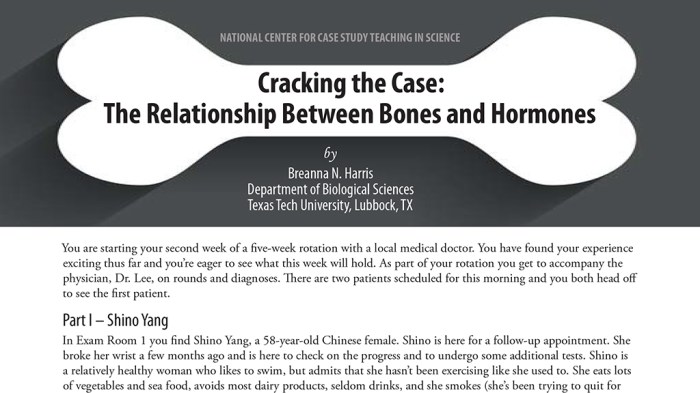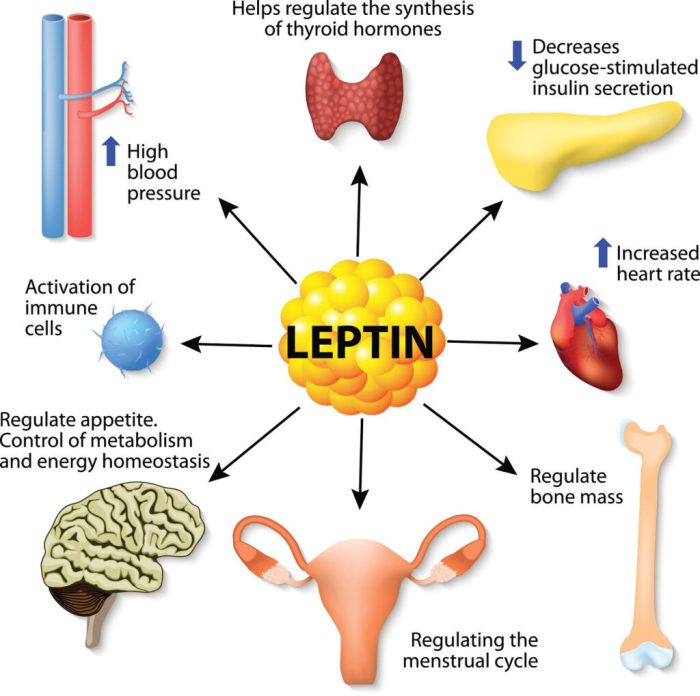Cracking the case the relationship between bones and hormones – Cracking the case: the relationship between bones and hormones unveils the intricate dance between these two essential systems, shaping bone health and overall well-being. Hormones play a pivotal role in orchestrating bone development, growth, and maintenance, making their understanding crucial for optimizing bone health.
This article delves into the key hormones involved in bone metabolism, exploring their specific functions and mechanisms of action. We uncover the intricate processes of bone formation and resorption, revealing how hormones regulate these processes to maintain bone homeostasis.
Introduction: Overview of the Relationship Between Bones and Hormones: Cracking The Case The Relationship Between Bones And Hormones

Bones and hormones maintain a complex and interconnected relationship. Hormones play crucial roles in bone development, growth, and maintenance throughout an individual’s lifespan.
Key Hormones Involved in Bone Metabolism
Parathyroid hormone (PTH) regulates calcium homeostasis, promoting bone resorption to release calcium into the bloodstream. Calcitonin, produced by the thyroid gland, inhibits bone resorption and promotes calcium deposition in bones. Growth hormone (GH) stimulates bone growth and mineralization.
Regulation of Bone Formation and Resorption, Cracking the case the relationship between bones and hormones
Bone formation (osteogenesis) involves the activity of osteoblasts, which lay down new bone matrix. Bone resorption (osteoclastic activity) involves the action of osteoclasts, which break down and remove old bone tissue. Hormones regulate these processes to maintain bone homeostasis.
Impact of Hormonal Imbalances on Bone Health
Hormonal imbalances can lead to bone disorders such as osteoporosis (decreased bone density) and osteomalacia (softening of bones). Hormone replacement therapy or other interventions can help address these conditions.
Implications for Clinical Practice
Understanding the relationship between bones and hormones is essential for diagnosing and treating bone-related disorders. It guides treatment strategies, such as hormone replacement therapy for osteoporosis, and helps predict the risk of developing bone diseases.
Future Research Directions
Ongoing research focuses on elucidating the molecular mechanisms underlying the bone-hormone axis. Future studies will further our understanding of bone physiology and provide novel therapeutic targets for bone-related disorders.
FAQ Section
What is the role of parathyroid hormone in bone metabolism?
Parathyroid hormone is a key regulator of calcium homeostasis, promoting bone resorption to release calcium into the bloodstream when levels are low.
How does growth hormone affect bone growth?
Growth hormone stimulates bone formation by promoting the proliferation and differentiation of bone cells, contributing to overall skeletal growth.
What are the consequences of hormonal imbalances on bone health?
Hormonal imbalances can lead to conditions such as osteoporosis (decreased bone density) and osteomalacia (softening of bones), emphasizing the importance of maintaining hormonal balance for optimal bone health.

